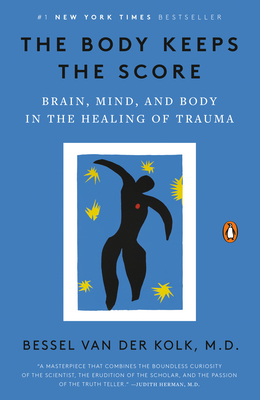
Looseleaf for a First Look at Communication Theory
Description
The tenth edition of A First Look at Communication Theory justifies again the program's enduring popularity. Em Griffin, now joined by colleagues Andrew Ledbetter and Glenn Sparks, encourages students who are encountering the field for the first time to tackle theories without fear. The text's conversational style and relevant examples keep complex theories within the grasp of first-time theory students. The authors introduce 32 diverse theories that are a mix of foundational and recent scholarship and, with the benefit of numerous examples and connections to pop culture, help students apply them to their own lives. The discrete presentation of the theories ensures a well-rounded understanding of each while promoting integrative thinking and facilitating the ability of instructors to skip or rearrange their presentation. The broad selection of theories-from the classics to the cutting edge-ensures that students have a solid foundation with which to begin understanding the relationships between theories.
New to This Edition●Responding to instructors' desire to offer students more than one social media theory, a new chapter highlights Caroline Hawthornthwaite's media multiplexity theory.●A new chapter features Marc Orbe's co-cultural theory, which is based on extensive phenomenological research among the LGBTQ community, people with physical disabilities, and African American men. ●The discussion of relational dialectics theory has been fully updated to center on Baxter's second version of the theory, which draws heavily on the thinking of Mikhail Bahktin.●Updated examples will appeal to current students, including the illustration of social judgment theory with the issue of gun control rather than airline safety. ●A revised critique of social information processing theory cites MIT professor Sherry Turkle's challenge to Walther's basic claim that anything we do face-to-face can be done just as well or better online.●Cultural studies now includes Larry Frey's appeal for communicative activism for social justice. This is the only ethical reflection in the book highlighting an ethicist currently active in the field of communication.●Based on updated research, the presentation of face-negotiation theory has been simplified.●End-of-chapter Critique sections are sharpened.



